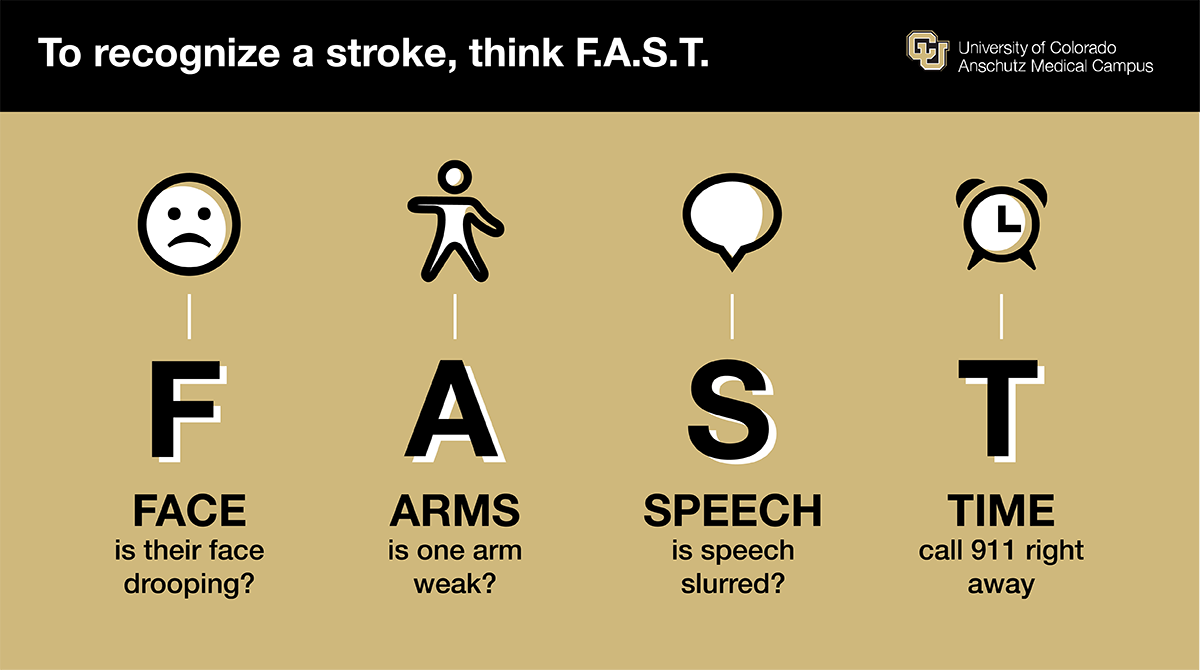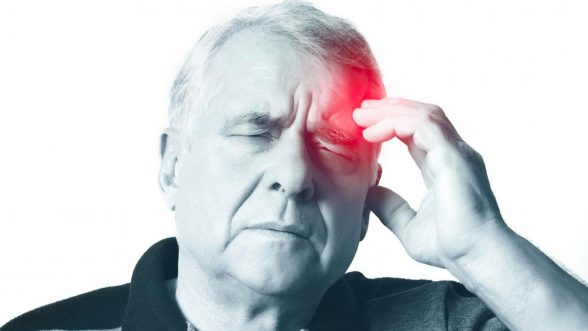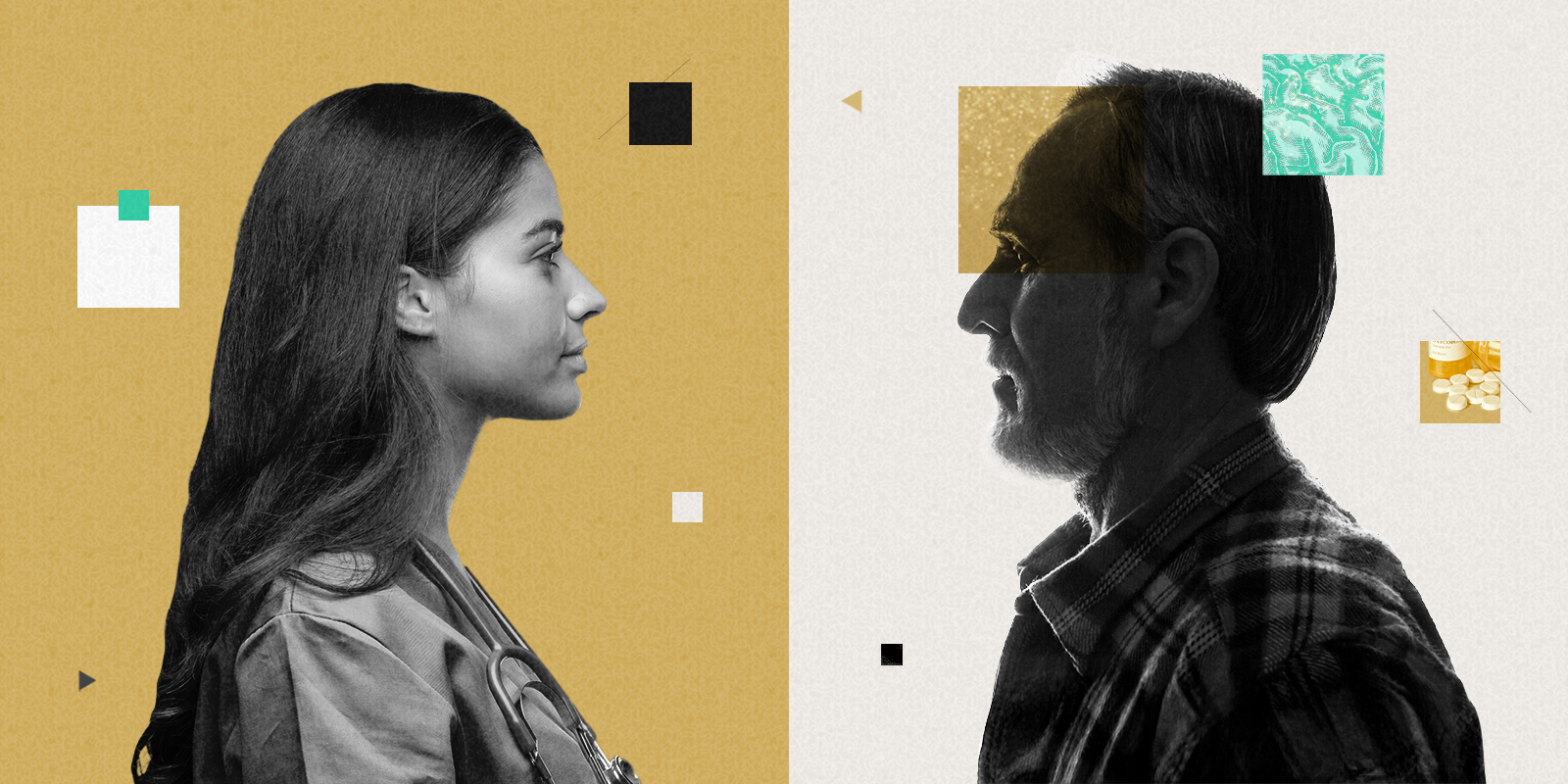Stroke is the No. 5 cause of death and the leading cause of disability in the United States. On average, someone in the United States has a stroke every 40 seconds. A stroke occurs when your blood flow is stopped to a portion of your brain. With the recent death of actor Luke Perry you may be wondering what you should know about stroke and how to react if a loved one is experiencing one.
What is a stroke?
The most common type of stroke is called an ischemic stroke. This happens when a blood clot blocks an artery that brings blood to the brain. When blood cannot get to the brain, the brain tissue dies and it cannot regrow or be fixed. This often means people who have had a stroke will have residual weakness or other long-term deficits from the stroke.
The other kind of stroke is called a hemorrhagic stroke. It is caused by a weakened vessel that ruptures and bleeds into the surrounding brain. The blood accumulates and compresses the surrounding brain tissue.
Who can have a stroke?
Don't think that stroke only impacts older people. "Anyone from a newborn infant to an elderly person can have a stroke. It is more common for older adults to have a stroke, but at UCHealth and Children's Hospital Colorado, we see many young adults and children who have strokes." says Megan M. Barry, DO, in the CU Department of Neurology.
How can you prevent a stroke?
Strokes can occur at any time even in otherwise healthy adults. However, there are risk factors that increase your risk of suffering a stroke.
"The most common risk factors for stroke are similar to those that we think of in heart disease: high blood pressure, high cholesterol, obesity, diabetes and smoking," says Sharon Poisson, MD, associate professor and co-director of stroke services, CU Department of Neurology.
You can help control these risk factors by seeing your primary care doctor on a regular basis. Having a doctor look for these risk factors and control them can prevent many strokes.
What to do if you suspect someone is having a stroke?
The most important thing to remember if you think someone is having a stroke is to act FAST.
Face – Ask the person to smile. Is one or both sides of the face drooping or numb? Is their smile uneven or lopsided?
Arms – Ask the person to raise both arms. Does one arm drift downward? Is there weakness or numbness on one side?
Speech – Ask the person to repeat a simple sentence. Does the person have slurred or garbled speech? Is he/she hard to understand or speaking words that don't make any sense together?
Time – Call 911 for immediate medical attention or get the person to the hospital immediately if you notice one or more of these signs.

The time factor cannot be overemphasized when it comes to stroke."We have treatments that can help to stop a stroke in its tracks, but we have a short period of time to be able to use them, so the sooner the person can be seen in an emergency room, the better their chances of a good recovery," says Poisson.
UCHealth University of Colorado Hospital is a Comprehensive Stroke Center, meaning our campus can provide the highest level of stroke care to the most complicated patients. In addition, our collaboration with Children's Hospital Colorado means we have expertise throughout the continuum of lifespan from young infants and children all the way to older adults.
We're also using the latest technology and treatments to improve patients lives when the worst happens. The UCHealth Mobile Stroke Treatment Unit is one of only a handful of such units in the United States and is revolutionary in Colorado and beyond. It allows on-board diagnosis and critical blood clot-busting medications to be administered to stroke patients en route to the hospital.




